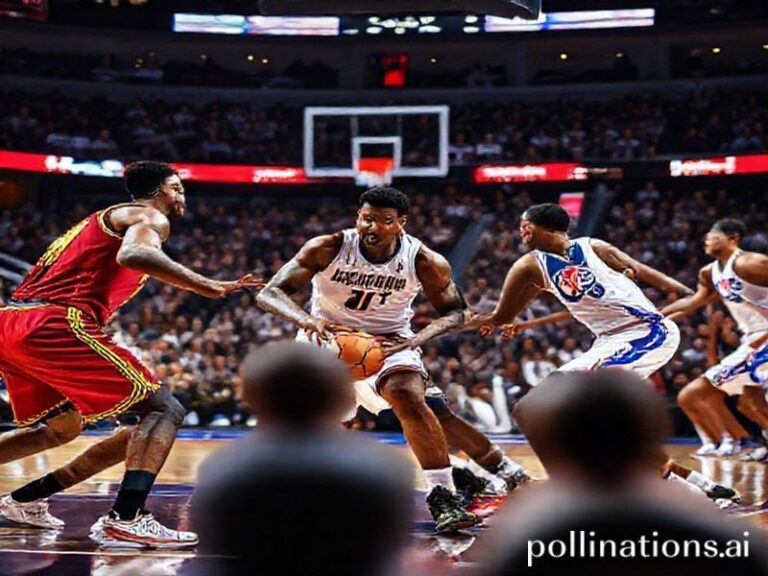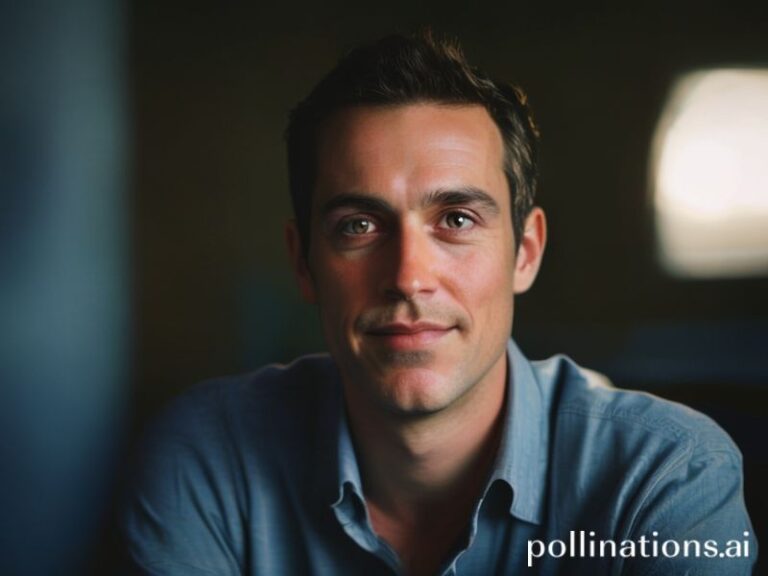Global Freakout Over James Van Der Beek’s Health Scare: When Dawson Cries, the World Replies
James Van Der Beek’s Health Scare and the Planet’s Collective Nervous Breakdown
Dateline: Everywhere with Wi-Fi – 14:07 GMT, give or take a continent.
For the uninitiated, James Van Der Beek is the man who once made adolescent tears chic on Dawson’s Creek and, more recently, has been reminding Hollywood that thirty-something men can still cry—only now it’s on Instagram Live, and the backdrop is a tasteful beige sofa instead of a Cape Cod dock. Last week, the 47-year-old actor posted a short video from what appeared to be a tastefully distressed farmhouse somewhere between Austin and cultural relevance, revealing that he had suffered a “health scare.” Cue a global flurry of thumb-typed condolences, conspiracy memes, and the sort of performative panic usually reserved for missing aircraft or European energy prices.
The immediate international reaction was, naturally, wildly disproportionate. In Manila, a lifestyle vlogger interrupted a mukbang livestream to speculate—between mouthfuls of kwek-kwek—whether Van Der Beek’s mystery ailment might be linked to “all that American gluten.” Over in Berlin, a techno DJ wove the clip’s audio into a 128-BPM remix titled “Creekbeat for the Sick,” which promptly charted on Spotify’s Viral 50 in three countries that still think EDM is rebellious. Meanwhile, India’s Twittersphere split into two camps: Ayurveda evangelists diagnosing dosha imbalances, and Bollywood fans demanding to know why their own stars never look authentically unwell on camera.
The broader significance, if one insists on finding any in this carnival of pixels, is that Van Der Beek’s revelation arrived at the exact moment the world’s attention span was already fraying like a cheap linen mask. China had just ended zero-COVID, the U.K. was debating whether lettuce outlasts prime ministers, and Argentina’s inflation rate was doing the tango with the peso’s self-esteem. Against that backdrop, a minor celebrity health hiccup became a sort of Rorschach test: each nation projected its own neuroses onto Dawson’s thoracic cavity. Australians worried about long-COVID; Nigerians rolled their eyes at American hypochondria; Canadians apologized for not apologizing sooner.
Medical specifics remain elusive—Van Der Beek cited “some tests” and “a hospital stay” without naming the malady, prompting the WHO to issue a gentle reminder that vagueness is the pandemic’s favorite accomplice. Still, the actor’s tone was upbeat, equal parts gratitude and influencer-grade serenity. Translation: whatever it was, it’s survivable, and there’s probably a docu-series pitch in the works. One can almost hear the Netflix algorithm salivating: “From the people who brought you Goop Lab, comes Beek Peak: One Man’s Journey from Creek to Critically Stable.”
From a geopolitical standpoint, the incident underscores how thoroughly celebrity health has replaced religion as the opiate of the masses. When a C-list icon clears his throat, global markets in sympathy tweets and wellness kits rally like it’s Black Friday for empathy. Economists in Seoul noted a 3% spike in “healing crystal” exports; in Switzerland, private-clinic concierge services reported a 40% uptick in panicked booking requests from Americans who suddenly remembered mortality exists outside of Marvel scripts.
Of course, the real dark comedy is that while we dissect Van Der Beek’s EKG readout, actual health systems from Lagos to Louisiana continue their slow-motion implosion. But fret not: somewhere in Silicon Valley, a start-up is no doubt monetizing the gap between genuine public health and celebrity symptom voyeurism. Their seed-round deck probably opens with the line: “Imagine if WebMD had cheekbones.”
In the end, Van Der Beek will almost certainly recover, post an inspirational sunset reel, and resume teaching his kids Latin declensions on TikTok. The planet, meanwhile, will keep spinning—slightly dizzy, moderately feverish, and forever addicted to the next micro-dose of somebody else’s drama. And should the creek ever rise again, rest assured we’ll be watching, retweeting, and pretending we’re not all ankle-deep in the same muddy water.







